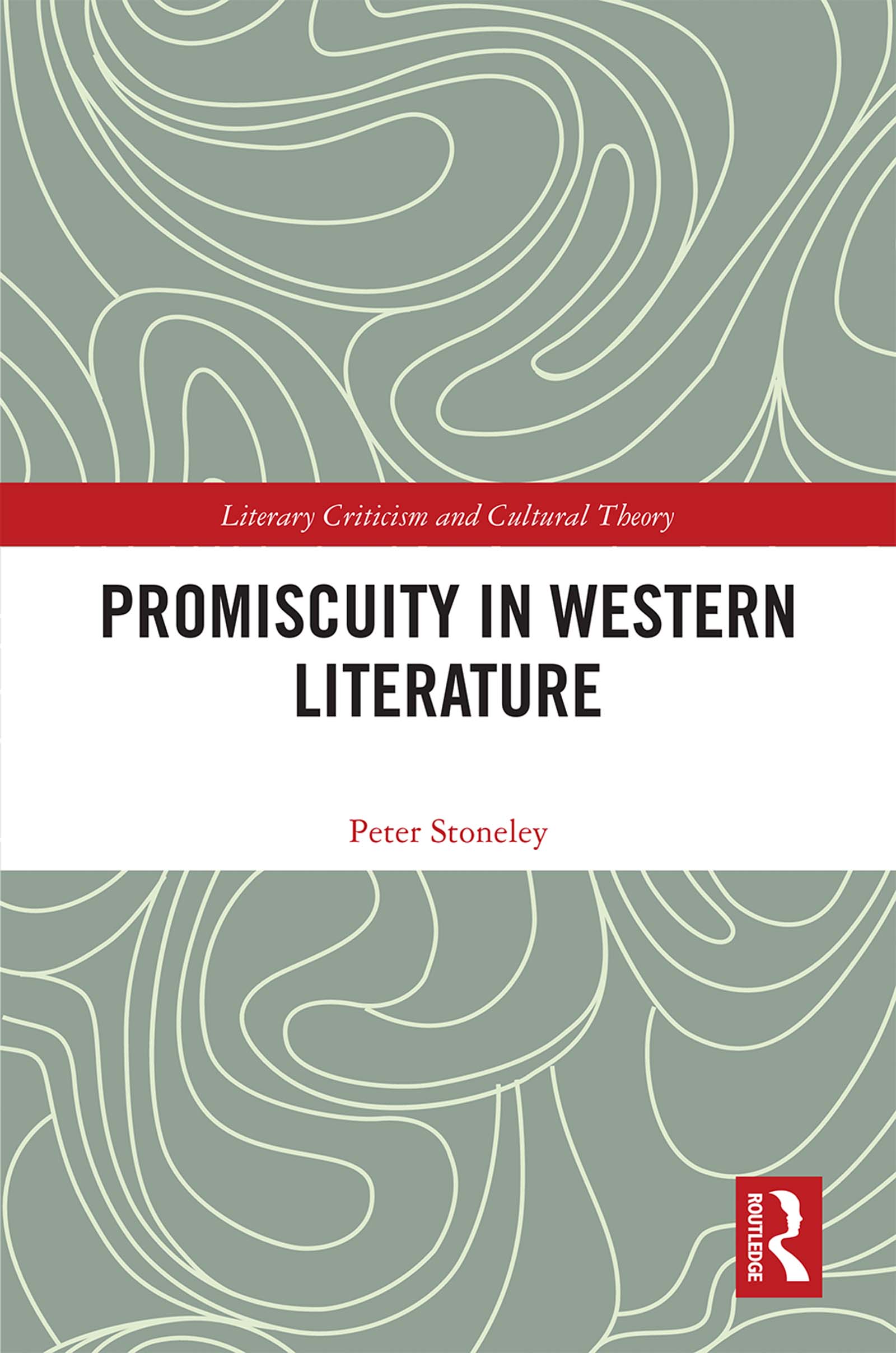Promiscuity in Western Literature
Promiscuity in Western Literature
Poet and novelist Charles Bukowski described promiscuity as "feast and feast and feast." The promiscuous person is having fun, getting away with it, and showing no signs of stopping. More often, though, promiscuity has been seen as demonic, as the si...
Read more
Poet and novelist Charles Bukowski described promiscuity as "feast and feast and feast." The promiscuous person is having fun, getting away with it, and showing no signs of stopping. More often, though, promiscuity has been seen as demonic, as the sign of an uncivilised race, or as a symptom of mental disorder. Promiscuity in Western Literature capitalises on the fact that literature gives us deep and varied resources for reflecting on this controversial aspect of human behaviour. Drawing on authors from Homer to Margaret Atwood, it explores recurrent ideas and scenarios: Why does the literature of promiscuity evoke ideas of the animal? Why does it so often turn upon the image of the "excessive" woman? How and why does promiscuity feature in comic writing? How does the emergence of the modern city change representations of promiscuity? And, in the present day, what impact have ecological concerns had on the way writers depict promiscuity?
Less






.jpg)


.jpeg)


















